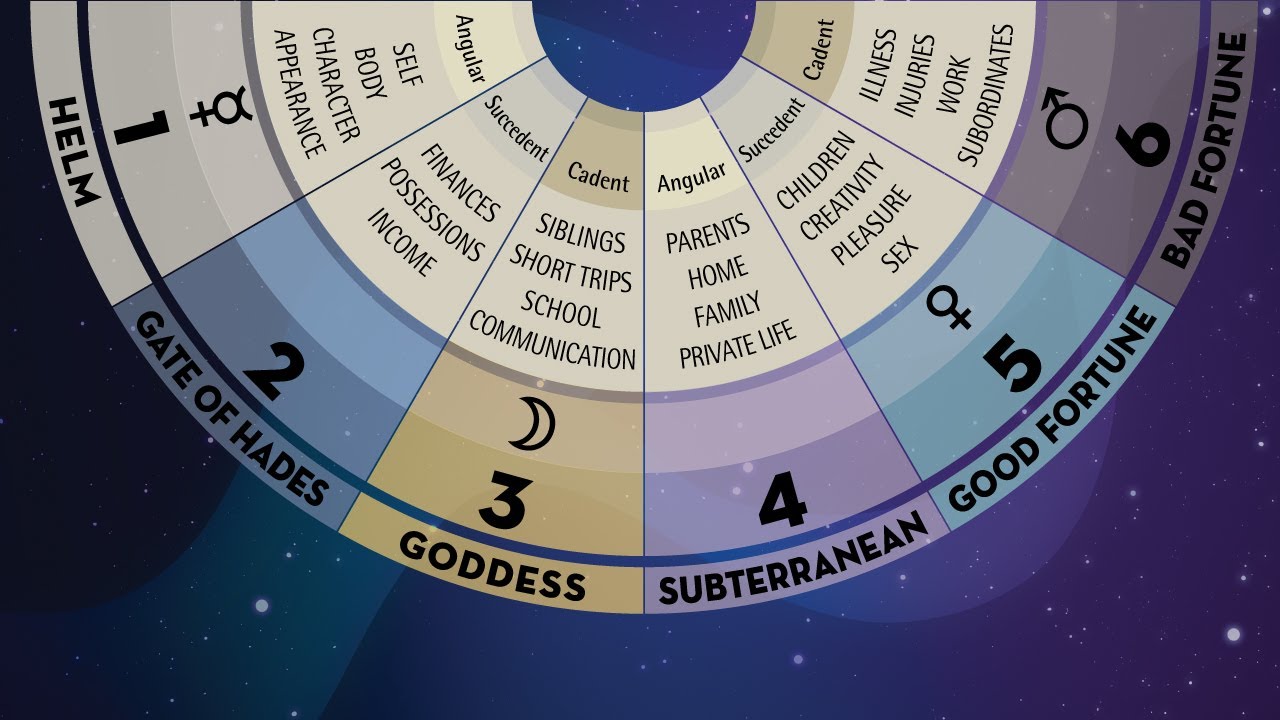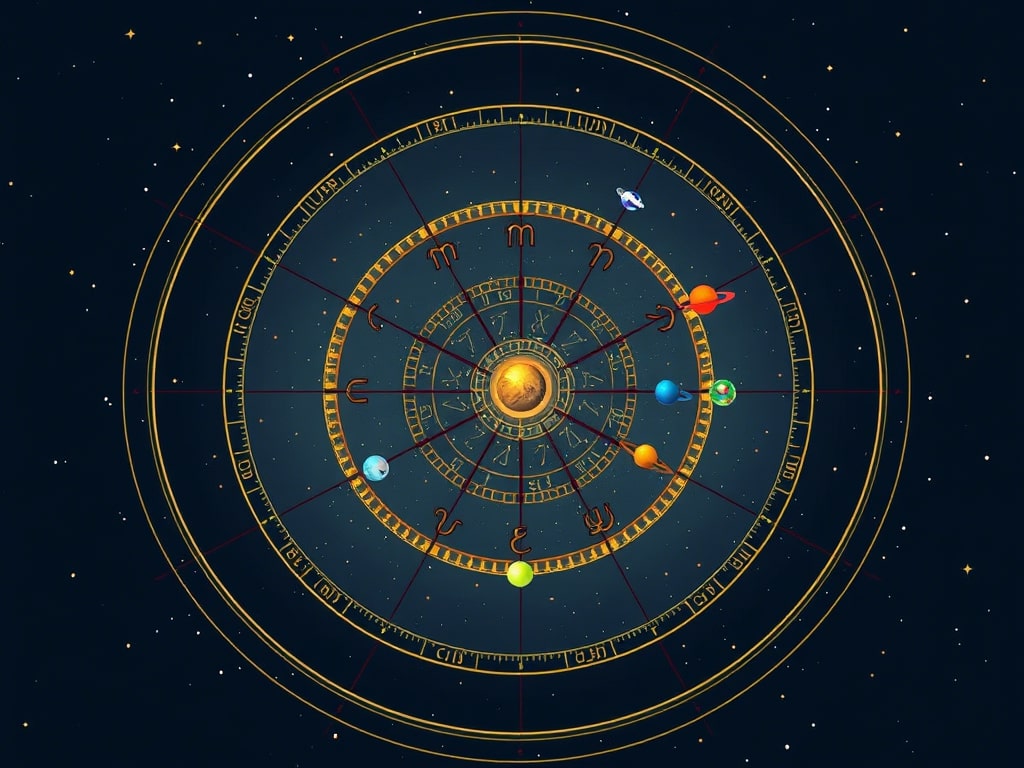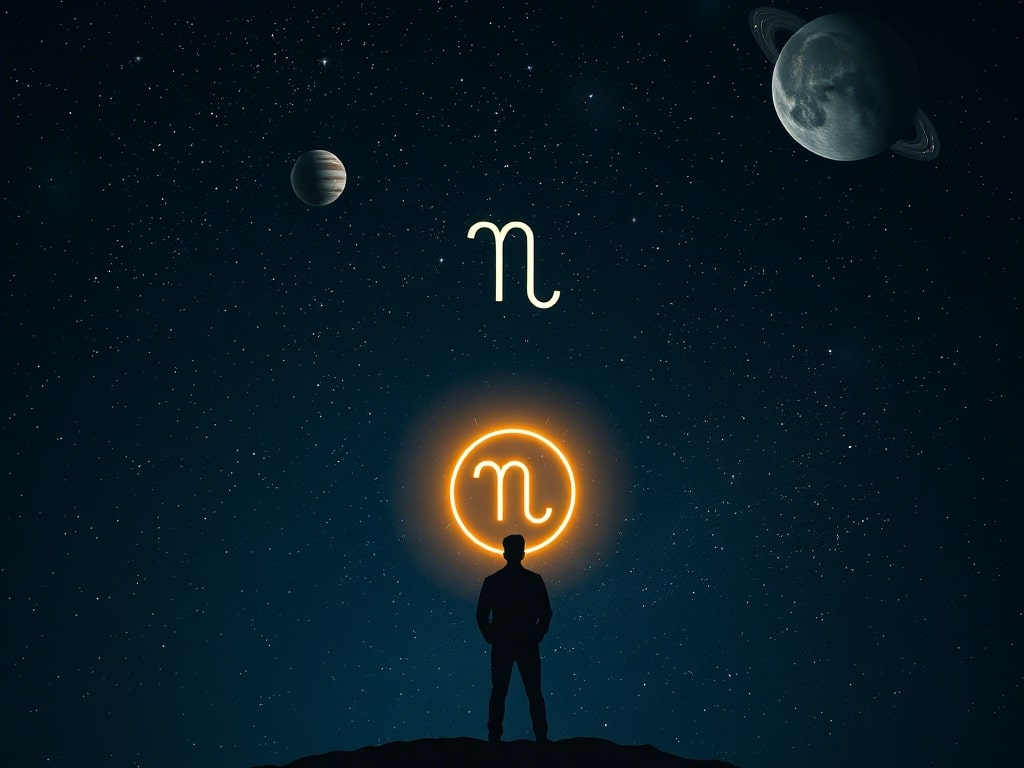The Planets in Astrology: Cosmic Forces Shaping Your Life
In astrology, planets are the primary actors in your birth chart, representing different facets of your personality and life experience. Each celestial body carries unique energies that influence specific areas of your life, from communication and love to ambition and spiritual growth. This comprehensive guide explores the meaning and significance of each planet in astrology, helping you understand how these cosmic forces shape your journey.

Understanding Planetary Influences in Astrology
While zodiac signs describe how energy expresses itself and houses show where these energies manifest, planets represent what type of energy is at play. They are the active forces in your birth chart, moving through different signs and houses to create your unique astrological profile.
In traditional astrology, there are seven classical planets (including the Sun and Moon, which are technically luminaries), plus the modern outer planets discovered after the invention of the telescope. Each planet governs specific themes, qualities, and life areas, acting as cosmic messengers that shape different aspects of your experience.
The position of planets in your birth chart—the signs they occupy, the houses they're placed in, and the aspects they form with each other—reveals your innate tendencies, strengths, challenges, and potential for growth. Understanding planetary influences is essential for interpreting your birth chart and navigating life's journey with greater awareness.
Types of Planets in Astrology
Astrological planets are categorized in several ways, each classification offering insights into how these cosmic bodies function in your chart:
Personal Planets vs. Social and Transpersonal Planets
- Personal Planets: The Sun, Moon, Mercury, Venus, and Mars are considered personal planets because they move relatively quickly through the zodiac and influence your individual personality, emotions, and immediate experiences.
- Social Planets: Jupiter and Saturn move more slowly and relate to your social integration, worldview, and life structure.
- Transpersonal Planets: Uranus, Neptune, and Pluto orbit so slowly that their influence tends to affect entire generations, representing collective evolutionary forces that transform consciousness.
Inner Planets vs. Outer Planets
- Inner Planets: Mercury, Venus, and Mars orbit between Earth and the asteroid belt, representing more immediate, conscious aspects of your personality.
- Outer Planets: Jupiter, Saturn, Uranus, Neptune, and Pluto orbit beyond the asteroid belt, representing deeper, often unconscious forces that shape your life over longer periods.
Benefic vs. Malefic Planets
In traditional astrology, planets were classified as benefic (bringing favorable influences) or malefic (bringing challenges):
- Benefics: Venus and Jupiter were considered the greater and lesser benefics, bringing harmony, expansion, and good fortune.
- Malefics: Saturn and Mars were considered the greater and lesser malefics, bringing restriction, conflict, and difficulties.
Modern astrology takes a more nuanced view, recognizing that all planetary energies have constructive and challenging expressions, depending on their placement and aspects in your chart.
The Luminaries: Sun and Moon
The Sun: Your Core Identity
The Sun represents your essential self, core identity, and life purpose. It governs your ego, vitality, creativity, and self-expression. The Sun's placement in your chart reveals how you shine in the world and what drives your conscious awareness.
Key themes: Identity, purpose, vitality, creativity, self-expression, consciousness, and the father or masculine influences.
Rules: Leo and the 5th House
Orbit: 1 year
Frequently Asked Questions About Planets in Astrology
Which planet is most important in my birth chart?
While the Sun, Moon, and Ascendant (rising sign) form the core trinity of your chart, the most important planet varies by individual. Look for planets that are: 1) angular (in the 1st, 4th, 7th, or 10th houses), 2) aspecting many other planets, 3) at critical degrees, or 4) the chart ruler (ruler of your Ascendant). These factors increase a planet's prominence in your life experience.
What does it mean if I have no planets in a particular element or modality?
A lack of planets in an element (fire, earth, air, water) or modality (cardinal, fixed, mutable) suggests that those energies are less accessible or conscious in your experience. You may either seek these qualities in others through relationships or develop them more deliberately through life experience. The absence doesn't mean you lack these qualities entirely—they're just less emphasized in your natural expression.
How do I interpret a stellium (cluster of planets) in my chart?
A stellium (three or more planets in the same sign or house) creates a powerful concentration of energy in that area of your chart. This amplifies the themes of that sign or house, making them central to your life experience. A stellium can indicate special talent or focus, but also potential imbalance if you over-emphasize these energies at the expense of other life areas.
Do planets affect my personality more than zodiac signs?
Planets and signs work together to create your astrological profile. Planets represent what energies are at play (e.g., communication, love, ambition), while signs show how these energies express themselves (e.g., intensely, practically, adaptably). Both are essential—planets are the actors, and signs are their costumes and character traits. Your unique combination creates the specific expression of planetary energies in your life.
How do I work with challenging planetary placements?
Challenging placements (difficult aspects, planets in detriment or fall) often represent your greatest growth opportunities. Rather than avoiding these energies, approach them with consciousness and intention. Understand the higher purpose of the challenge, seek constructive outlets for the energy, and develop the complementary qualities that balance the difficulty. Many of life's greatest achievements and insights come through working skillfully with challenging planetary energies.


